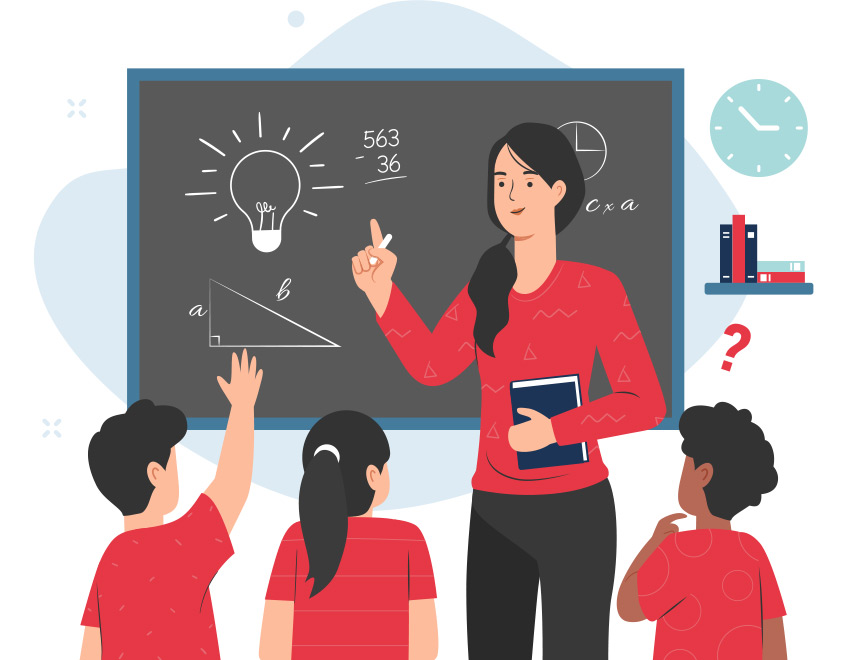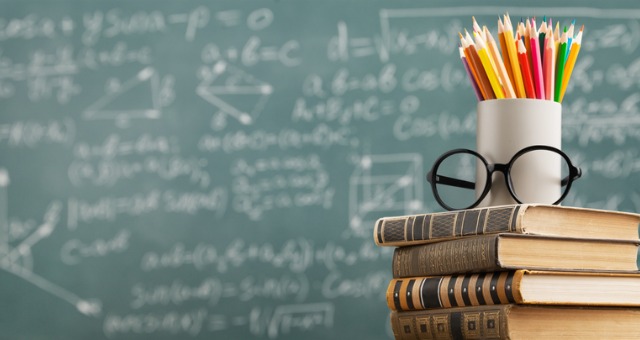Primary Science Tuition Singapore for Building Confidence in Science
Wiki Article
Discover the Essential Benefits of Recognizing Main Science for Young Students
The importance of main scientific research education and learning for young learners expands far past simple understanding procurement; it offers as an essential column in establishing crucial abilities such as crucial thinking, analytical, and creativity. Involving with clinical ideas via interactive and inquiry-based tasks not only grows curiosity yet additionally lays the groundwork for resistant, positive students.Enhancing Crucial Assuming Skills
Fostering crucial believing skills in young learners is important for their cognitive development and future academic success. Essential thinking allows kids to examine details, assess evidence, and make notified choices, which are vital skills in today's information-rich society. By involving in clinical questions, young students can improve these abilities as they check out concepts with thinking, testing, and monitoring.In key science education and learning, teachers can facilitate essential reasoning by motivating pupils to ask questions, formulate theories, and carry out experiments. This hands-on strategy allows children to practice analytic and develop logical thinking abilities. For example, when students check out the residential properties of materials or the principles of movement, they discover to evaluate their searchings for seriously and attract verdicts based upon proof.
Furthermore, discussions and collective jobs can advertise essential thinking by providing opportunities for learners to express their thoughts, challenge presumptions, and take into consideration varied viewpoints. By producing a supportive atmosphere that values inquiry and representation, instructors can support crucial believing skills that empower young learners to end up being lifelong students and independent thinkers. Ultimately, enhancing these abilities lays a robust structure for their future scholastic ventures and individual development.
Cultivating Curiosity and Exploration

Primary science education and learning gives an organized atmosphere where young students can explore numerous phenomena through hands-on experiments and observations. By allowing them to engage with products and take part in inquiry-based knowing, educators create possibilities for kids to create theories, check their concepts, and draw verdicts. Such experiences support a sense of marvel and enjoyment about scientific research.

Structure Self-confidence in Issue Fixing
Building confidence in analytic is a critical component of primary scientific research education and learning that encourages young students to approach challenges with strength and imagination - primary science tuition Singapore. When kids are encouraged to involve with scientific ideas with hands-on activities and inquiry-based discovering, they develop important abilities in critical reasoning and evaluation. This procedure not just boosts their understanding of clinical principles however also cultivates a sense of possession over their knowingTo develop self-confidence, educators should develop a helpful atmosphere where mistakes are watched as chances for development instead of failings. This urges pupils to take dangers and check out different services to problems. By giving scaffolding and advice, educators can aid students navigate intricate jobs, progressively boosting their freedom in analytical scenarios.
Additionally, joint understanding experiences, such as group jobs or experiments, can better boost students' self-confidence as they discover to express their thoughts and pay attention to others' perspectives. These interactions support social skills and enhance the concept that problem-solving is frequently a collective venture. Eventually, cultivating confidence in analytical prepares young students for future academic challenges and outfits them with the tools required for lifelong discovering.
Urging Creativity and Innovation
In the realm of primary science education, encouraging creativity and advancement is necessary for growing a vibrant discovering setting. By fostering a society where young learners can check out ideas and experiment freely, teachers assist students develop essential believing abilities and an interest for exploration. Creative thinking in science urges children to ask concerns, create theories, and take part in hands-on activities that promote their imagination.Integrating flexible tasks and inquiry-based knowing into the educational program enables pupils to reveal their one-of-a-kind viewpoints and services. For example, when charged with resolving a trouble related to their atmosphere, trainees can conceptualize several strategies, resulting in inventive end results that display their originality. This not only strengthens More Help their understanding of scientific concepts yet additionally imparts a sense of possession over their learning process.
Furthermore, imaginative science education and learning supports cooperation amongst peers, as pupils frequently share concepts and construct on each other's understandings - primary science tuition Singapore. This joint spirit advertises not just innovation but also vital social abilities. Thus, by focusing on imagination and advancement in main scientific research education, we equip young students to think seriously, embrace difficulties, and picture opportunities, laying a strong structure for long-lasting learning and expedition
Planning For Future Understanding Difficulties
Young learners' capacity to browse future knowing difficulties depends upon a solid foundation in key scientific research education. This foundational understanding furnishes students with vital believing abilities and a methodical strategy to analytical, essential for taking on intricate concerns in an ever-evolving globe. Key science fosters inquiry-based learning, encouraging trainees to ask concerns, discover hypotheses, and take part in hands-on experiments.As they create these abilities, students come to be skilled at examining information, recognizing patterns, and drawing Full Article notified verdicts. Such expertises are essential not just in scientific fields but likewise in modern technology, design, and math (STEM), where interdisciplinary understanding is progressively critical.
Moreover, main science education grows a sense of curiosity and durability in young learners, allowing them to check out obstacles as possibilities for development. As they experience and get rid of challenges in their clinical expeditions, they construct confidence in their capacity to introduce and adjust.
Eventually, a solid structure in main scientific research not only prepares young learners for academic pursuits yet also equips them with the devices essential for long-lasting discovering and adaptability in a rapidly changing worldwide landscape. By purchasing key scientific original site research education and learning, we are purchasing the future capacity of our learners.
Verdict
Recognizing key scientific research is important for young learners, as it cultivates vital reasoning, inquisitiveness, and creativity. Involving with scientific principles via hands-on experiments builds and enhances analytic capacities resilience. This foundational knowledge not only equips trainees to analyze information and identify patterns yet additionally nurtures an inquiry-based mindset. Eventually, the advantages of primary science education prepare kids for future scholastic pursuits and infuse lifelong discovering routines vital for prospering in an ever-evolving world.The relevance of main science education for young students expands far past mere understanding acquisition; it serves as an essential column in creating necessary skills such as important thinking, problem-solving, and creativity. By creating a supportive setting that values inquiry and reflection, teachers can nurture vital thinking abilities that empower young learners to become long-lasting learners and independent thinkers. Hence, by prioritizing imagination and technology in key scientific research education and learning, we encourage young learners to assume seriously, welcome obstacles, and visualize possibilities, laying a strong foundation for long-lasting knowing and exploration.
Young learners' capacity to navigate future understanding difficulties hinges on a strong foundation in key science education and learning.Comprehending main science is crucial for young learners, as it cultivates critical reasoning, curiosity, and creative thinking.
Report this wiki page